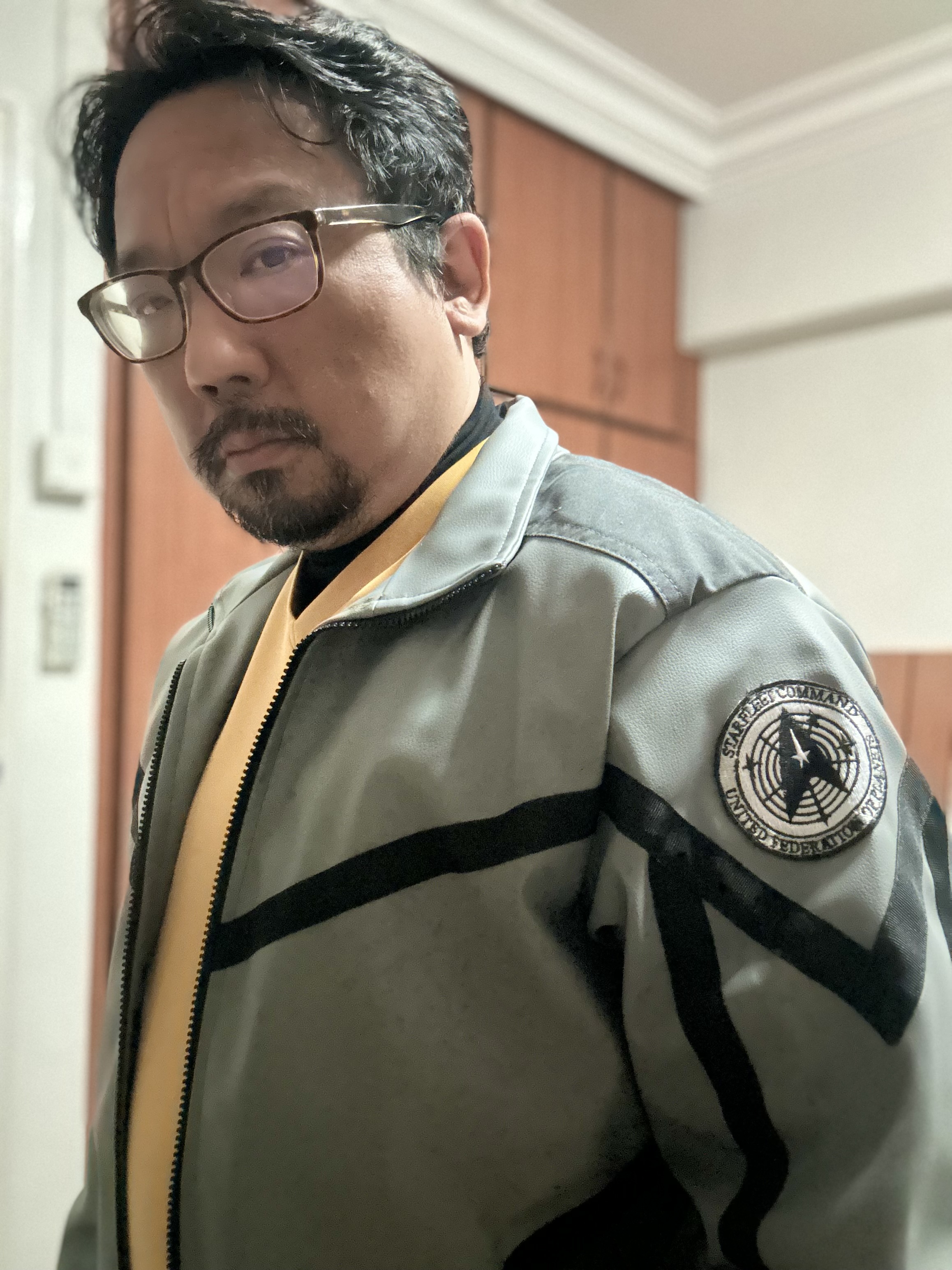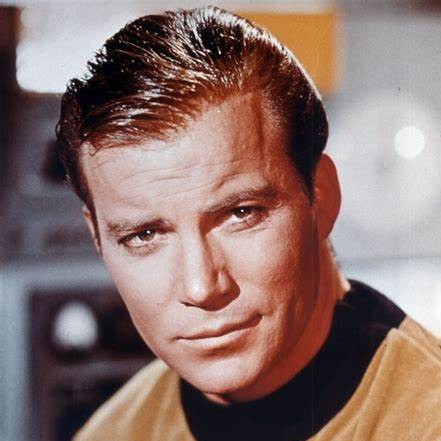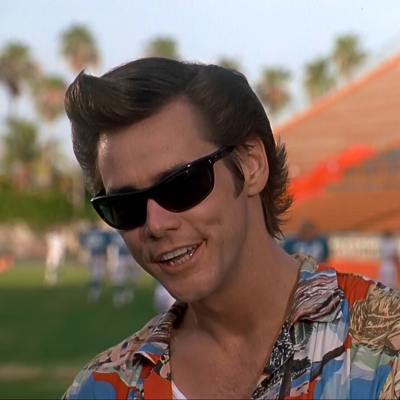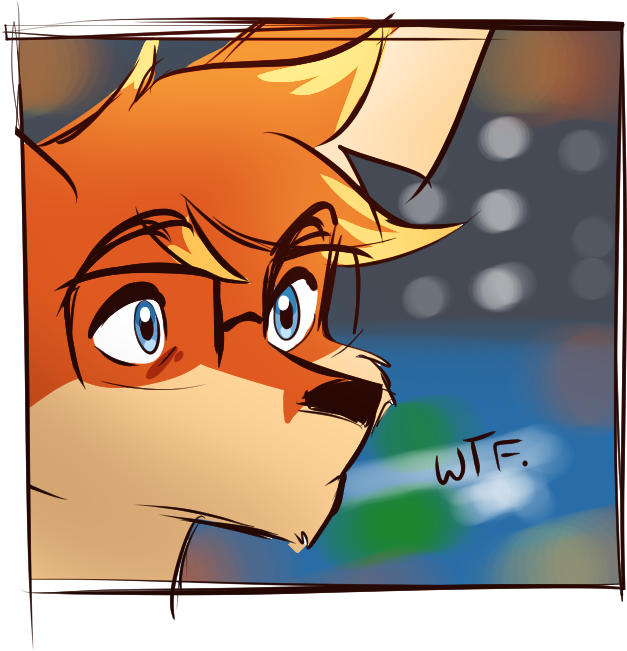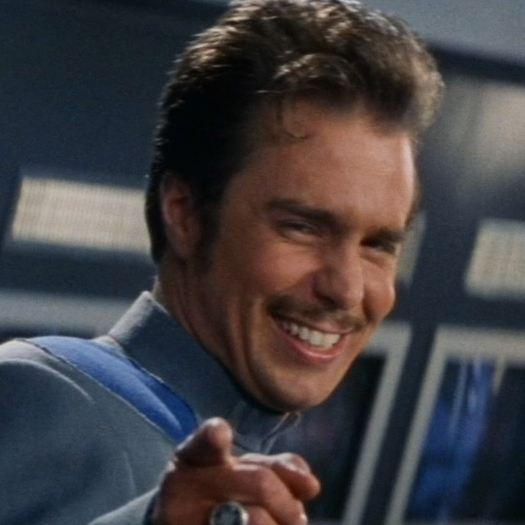Logline
Commander Una Chin-Riley faces court-martial along with possible imprisonment and dishonorable dismissal from Starfleet, and her defense is in the hands of a lawyer who’s also a childhood friend with whom she had a terrible falling out.
Written by Dana Horgan
Directed by Valerie Weiss
This was a fantastic episode. One thing I liked in particular was that they had an actual lawyer defend Una, and not just have Pike do it.
They kept the tradition alive by having a starship captain handle the prosecution, though.
But in contrast, this lawyer (Neera) won by mainly by being a good lawyer (albeit in a tv legal drama kind of way). Setting things on fire with the first witness to create a bunch of fog and doubt about the premise of the case, realising that other important regulations impinge on the case and setting up testimony to substantiate the effect of those regulations.
My memory of most other officer-lawyers is that their methods tend to focus more on the moral “issyew” (Picard’s pronunciation of “issue” in Measure of a Man).
“issyew”
/ˈɪsjuː/ is very common in RP. You hear it all the time in parliament.
Oh yea I know. In the context of TNG though, where everyone else has US accents, Picard’s Britishness goes up to eleven on that word.
Oh yeah, an actual lawyer and one who was not assigned by Starfleet. Una was also spot on with her complaint that her original counsel was paid by those prosecuting her. 👏
What a beautiful episode. The message was great and it wasn’t ambiguous enough for people to really misinterpret or miss it while still remaining an indirect allegory for current times. The allegory was clearly about either homosexuality or undocumented immigrants and I appreciate that people from either group can likely relate to this episode. As a gay guy I have to say I definitely did.
Also, the scene with Spock’s “outburst” was hilarious and I loved seeing the (on the surface) emotionless Spock once again.
Overall I loved the episode and I’m very glad to see one I love after personally disliking the previous one.
The allegory was trans people. Hence all the talk of needing to ‘pass’ to be accepted and the wonderful lil touch of Unas child cast being the colours of the Trans flag
It is not unlikely that this is the allegory they had in mind primarily, but so much of the bigotry and hatred depicted applied to gays, blacks, jews, women and probably more groups, too.
We’re rhyming history, every generation we’re trying to overcome prejudice, oppression and hatred against a new minority, only for some to conjure up a new distinguishing feature to define a minroty to be ostracized. It feels like treading water sometimes, can’t we just cut through the bullshit in one go, but no, we have to go through all the steps, while some new group (or a subgroup of a previous group) has to endure all the pain this brings. Sometimes it feels like we’re not really getting better. But maybe we are. But it’s still too slow, it still repeats itself, and nowadays we might experience multiple such cycles in our lifetime, when at some point it took generations to get that kind of progress?
Ah, I’d missed that detail. I was on the fence about whether or not it was a trans allegory because it didn’t initially feel like there were as many similarities in her story to being trans as there was to homosexuality and being an undocumented immigrant but upon further consideration I have to agree. Though it does seem to me like it is also about those other groups I mentioned. I suppose it’s a bit of a catch-all (which worked great).
The way Illyrians were segregated into Illyrian and non-Illyrian cities except for people who could pass echoes the Jim Crow era of US history, with black people being segregated and some of them trying to pass for white.
The refusal of service to those who were found to be Illyrian is like antisemitic attitudes in pre-war Nazi Germany, or the refusal of service to homosexuals. Most of what happened can be compared to any persecuted minority, racial or sexual.
That’s the beauty of a good metaphor. And the ugly universality of bigotry.
I don’t know how well that metaphor works since Illyrians are aliens. The Federation is already full of aliens with biology and abilities different than humans. So what if Illyrians have modifications that make them different than humans? Vulcans have two sets of eyelids and are adapted to live in harsh deserts humans can’t survive in. They’re also telepathic, three times stronger, and have perfect memory.
Does that mean the Federation is a segregated society between all different races? If they split cities between Illyrians and non-Illyrians, wouldn’t they also be splitting cities between Andorians, Vulcans, Tellarties, etc.?
But this was looking at a group of people that had been othered, while the federation had accepted race they othered Illyrians. So it does bring in 50s America or South Africa due to that othering that was alive at those times and still is (BLM being needed). It does also include the modern othering that is going on now so absolutly it speaks to the trans community, but all the same arguments apply to others (one of the the reasons I despise LGBdroptheT is as a group that was othered, a minority of the LGB minority now attempts to join the majority so they can other Trans.)
Now I can just be dismissed as woke
But the Federation has no history with the Illyrians. The Illyrians weren’t forced to live in Federation society. Their ancestors weren’t enslaved by the Federation. Their planets weren’t conquered by the Federation. As far as we know, they’re not refugees who had to flee into Federation space.
It would be different if Illyrians had always been a group within the Federation. But they chose to go to the Federation with full knowledge of the Federation’s laws. They have the choice to reject Federation membership if they wanted.
Not being citizens of the Federation does not allow Federation citizens to harass the Illyrians nor to threaten them.
And since the Federation and also the Star Fleet have an ideal of tolerance, IMHO it was a wise decision to ban augmentation (against the background of the Eugenic Wars) but to judge wisely if a single person really is a threat or not.
There were also parts of it that could easily be interpreted as Jim Crow era politics. Passing was a thing for Blacks as well. Splitting into two different cities reminded me of both redlining and “separate but equal.” Of course, history repeats itself, and this allegory could also be applied to Jews, Native Americans, and any other persecuted minority, including gay and trans people. Una’s whole situation could pretty easily be mapped onto a “don’t ask, don’t tell” situation as well.
I agree. It could also be read as an allegory for undocumented people - her family’s fear of going to a hospital, for me, echoed the fear that many undocumented people feel around seeking help from any organization that might be affiliated with the government
Splitting into separate cities is way more reminiscent of ghettos, which is extremely dark. I don’t think the show quite grapples with how monstrous this actually is, ignoring my concerns about the gene modification stuff as a metaphor, if we take it on face value as a signifier of marginalization this is not some cultural bias the Federation needs to work through, what’s described is borderline genocidal.
I don’t think Spock was emotionless. For one, an “outburst” is emotional. That he noticed it just means he’s aware of it and used to not do it. Then, whenever he spoke of Una on the trial was super emotional. Praising her is because he likes her, not because it is logical (in the setting).
Honestly, the trial episodes of Star Trek tend to be the some of the best. Drama without explosions are when it’s different from most other sci-fi franchises, and it’s good to see it come back. SNW really is the best current Trek show.
I really enjoyed it. Star Trek is at its strongest when it gives itself time to mull over philosophical, ethical, and social issues. This episode really knocked it out of the park. Just really well-written overall.
In my opinion that might have been the perfect Star Trek episode. Well written, relevant to what we face in modern day society, and a celebration of the crew of the Enterprise as well as the world as we wish it to be. A civil rights trial for the 21st (and 23rd century). I needed to see this today.
“I regret that you had to witness that outburst.”
Best line in the show!
Yeah Spock makes this show much better
I really like this Spock, don’t get me wrong, but I’m finding his increasing “humanness” a bit distracting. I mean, making a joke in court? That was a bit far-fetched.
One of the problems that this show has to grapple with is that we already know Spock very well from Leonard Nimoy’s portrayal. I’d go so far as to say that - notwithstanding a few gaps - every major event of his life is known to the audience, and we are very familiar with how he’s “meant to be”.
What then is an actor to bring to such a part? Ethan Peck can’t just replicate Nimoy’s performance - for one thing, it would be boring. The writers take advantage of this series being a prequel to do the only thing they can: show how Spock became the Spock that we know from TOS. They use his appearance in the TOS pilot “The Cage”, where he was visibly more emotional and “human”, as a touchstone, and make his journey towards emotional control and “Vulcan-ness” part of his character arc for this show.
I went into it a little in another post, but I think Spock’s manner is more familiar and “one of the guys” because he’s allowed himself to become emotionally attached to the rest of the crew, and that bleeds into his personality, making him more liable to use humour and jokes to relieve tension. A few years later, when Kirk takes command and many of these officers have moved on, he decides that he will be more emotionally guarded, letting his guard down only with Uhura and Chapel - and only in brief, relaxed moments.
I took as needling the Vulcan Jag…which he couldn’t resist. The set-up was his uncontrolled outburst in the Enterprise mess.
Just what were they thinking putting that maniac on a Starfleet ship.
Complete loose cannon.
While it was played as a joke, the whole “was she hiding something” had me on first watch going “but everyone is hiding something, surely”
Spock was highlighting this with his trademark precision.
The joke in the court felt kinda cringe, though I otherwise really like Spock in SNW
Loved it. Star Trek has always been handwavy with legal rules in favour of a compelling debate and this was no exception.
As a Canadian, I instantly started thinking about the metaphor in terms of laws the Canadian government had against indigenous people practicing or teaching their cultural practices.
On the other hand, as a gay man, I was thinking about when homosexuality was considered a criminal practice and how sometimes gay men will stay in the closet to avoid discrimination.
One of the things that’s most interesting to me is how many minorities groups Una’s experience maps to in some rhyming way.
I’ve heard a number of people interpret it about themselves, which is really good, the allegory was understandable while still being a cohesive story.
I thought trans people were a good fit for the metaphor, given the body alterations that can be involved.
I think how the genetic augmentation ban was portrayed in Una’s case in particular - a military court martial - was similar to “Don’t Ask Don’t Tell”, so LGBTQ+ groups do seem to fit better than, say, race or sex. Even with DADT no longer in force, there’s topical parallels, like you suggest, with trans people. But there was an emphasis on the Illyrians’ genetic augmentation being “their custom”, so you can apply religious or cultural prejudice equally as the allegory.
Every show is handwavy about legal rules, not just Trek! Trek at least has the benefit of usually being a military court for a fictional military organization.
When the Federation gets a little handwavy with legal rules, just remember that this is a civilization which went through a “kill all the lawyers” phase
I was going to say “I don’t think there was a debate here really, unlike say in Measure of a Man”. But that’s not actually true, I just find the Federation argument so specious and hypocritical compared to many other Federation points that I honestly don’t see their POV.
I’m… not gonna lie, I get the Federation’s argument. Genetic engineering is a dangerous thing to start doing to sapient species, and it can lead to a resurgence of eugenics and other stuff like that.
The only real issue with their stance is that they discriminate against people who’ve been genetically augmented, instead of simply trying to prevent stuff from happening in the first place.
Genetic engineering is a dangerous thing to start doing to sapient species, and it can lead to a resurgence of eugenics and other stuff like that.
Sure, but so is freedom of speech, and we’ve been resurging Nazis just fine sans genetic engineering. I guess I’d want to know why people think it’s so cut and dried when we don’t think that about plenty of other issues like speech and misinformation and disinformation, various anti-patterns of information flow on the Internet and such. I think you easily end up in a place where you divide medicine vs engineering.
The other thing I think is dangerous about the genetic engineering is inherently eugenics is that it seems to require beliefs that there are actually “better” genetic IDK settings? And that engineering will pull them out. But this would also imply that there are naturally occurring “better” people, and that is controversial to say the least.
I think it’s patently obvious that there are people influenced by genetics but needing specific nurture to make the most out of it to be more skilled in one area or another. I’m never getting into the NBA just because I’m well under 6’ tall, and I wasn’t hurt for nurture.
The problem with eugenics as I see it is the idea that there is a “better” in all aspects platonic ideal we could engineer or breed our way towards, and there’s not really any evidence of those people existing, and I’ve seen plenty of speculations that moving one thing too far out of norm has other affects. I don’t think we know it’s true, but it’s certainly plausible that there are people who have various aspects that when increased tend to cause either through genetics or more likely culture and the like other aspects to be neglected.
For instance, if you’re very good at school / book learning, you might find that sort of young experiences more enjoyable than say sports, where you’d have to work at it. I sort of doubt without an authoritarian system already in place well before genetic engineering that you’d be able to interest even enhanced people in everything, and if they’re just better at some things I don’t see why people who already don’t buy into the eugenics philosophy would not treat this just like a Michael Jordan sort of person.
I really like the look fo the dress uniforms. Surprised that they never got Pike to the stand, especially after Una confessing that she told Pike 4 months ago.
Now that the cast has been reset, I’m ready for them to explore some strange new worlds.
Honestly, the sets and costumes for SNW are setting the bar for TV shows in general, let alone star trek. Just as much as the new plots, I’ve been looking forward each week just to the visuals.
Yes, this. It’s setting a new bar. Fantastic design, well executed.
SNW seems to have hit a gestalt of not just production and costume design but also lighting and cinematography. Like TOS and early colour television, it’s making the most of the new UHD technology. Everything has come together and is reinforcing the impact.
Discovery was reaching for this in the 32nd century design, and even with the Enterprise bridge as originally built for Discovery season two. The principal ship sets from the first season were an ongoing constraint though. Costume designer a gersha Phillips found her initial attempts to put the Discovery crew into 32nd century uniforms did not stand out against the ship’s dark bridge.
It will be interesting to see if they can achieve something similar in the 32nd century with the new Starfleet Academy show.
The crew quarters with those slanted columns look really sleek.
Surprised that they never got Pike to the stand, especially after Una confessing that she told Pike 4 months ago.
I think Pasalk was pretty out of line with his approach - his questioning essentially amounted to a criminal investigation of someone else. My knowledge of law isn’t very strong, but that seems inappropriate.
You generally can’t make people incriminate themselves, and upping a charge from fraud to conspiracy would be exactly that. That is, in a court run by laws instead of TV logic she could’ve remained silent.
…unless there’s some special sauce in US law that says “once you take the stand” or something, dunno I don’t speak common law and Trek can’t help itself but assume US law but it definitely doesn’t look kosher.
In the US, wouldn’t she be able to plead the 5th?
TNG’s “The Drumhead” shows us that Federation law (or at least Starfleet Military Code of Justice) includes a similar right. Crewman Simon Tarses invokes the Seventh Guarantee when asked about his Romulan heritage.
It’s definitely possible that the Seventh Guarantee wasn’t part of the Code of Justice until after this incident, too. Maybe there’s a push for it after the United Federation of Planets v. Una Chin-Riley ruling because of the conduct of Pasalk.
It’s possible. In all cases, Batel clearly states to Pike in the mess that the interrogated person has to answer.
There’s nothing that beats the knowledge of the collective!
I couldn’t help but wonder whether they’re setting him up as a badmiral or it was just Chekov’s gun from the Vulcan brawl. If the latter, they did a lousy job of tying them together … I was going with option A while watching and only considered B afterward.
This was an absolute gem. I don’t have much of substance to add just now (except that those dress uniforms are very nice), but after being on the whole disappointed by the season opener I am extremely pleased with this episode. Definitely one of the strongest in the show so far, which is no small feat.
I really loved the dress uniforms. Particularly the details on the collars and on the medals. I only wish they’d done a little more with the Admiral dress uniforms. Leaving them all in Federation Blue like early Discovery is a little odd.
Superb episode, a real high mark. The 1st episode was so disappointing I was worried they’d gone of the rails with the nonsense kung fu segment in the middle, but Ad Astra Per Aspera was a perfect episode.
The writing was great, and the pace and rhythm perfect with highs and lows, good use of emotions and a perfect ending. I love these character driven episodes - we learnt more about Una, and also La’an in effective way, but also about the context and imperfections of the Federation. The cast is also great, making the close family like dynamics of the Enterprise command staff feel real.
I’m glad they also didn’t put Pike on the stand. It allowed Una and Neera to shine, and Neera (Yetide Badaki) who was a superbly crafted and acted character - she ran the gauntlet of dislikeable to a most loved character in one episode.
This really was classic trek, Star Trek as Star Trek should be.
Don’t have much to add, but I really loved the episodeIt’s been a good while since we had a good old fashioned courtroom episode. Given how high the bar had been set in the past, well done to everyone involved that they managed to comfortably clear it.
deleted by creator
This episode had me crying, it was so beautiful and strong. Especially the part where La’an is told that she isn’t a monster. The thing is while yes this is a fictional case, as someone that is trans irl, it hits home strong…
Measure of a woman
An excellent episode which is virtually certain to displace “Measure” as Trek’s most venerated hour of space court.
One thing that always strikes me about SNW—even the middling episodes—is just how vivid, bright, and beautiful this show is. Grimdark has its moments, but this visual style is a much better and more natural fit for Star Trek.
It was good but don’t think it will surpass jean luc
And just to have measure of a man’s back for a second, the trial was decided on a fairly deep point: how we chose to discriminate against individuals becomes the way we chose to consign whole groups or races to awful fates, however obvious the individual differences seem and however much they seem to justify differential treatment.
Cuts across a lot of things, and more than the principles addressed in this episode especially the asylum technicality at the end (which I enjoyed just from legal drama standpoint)

